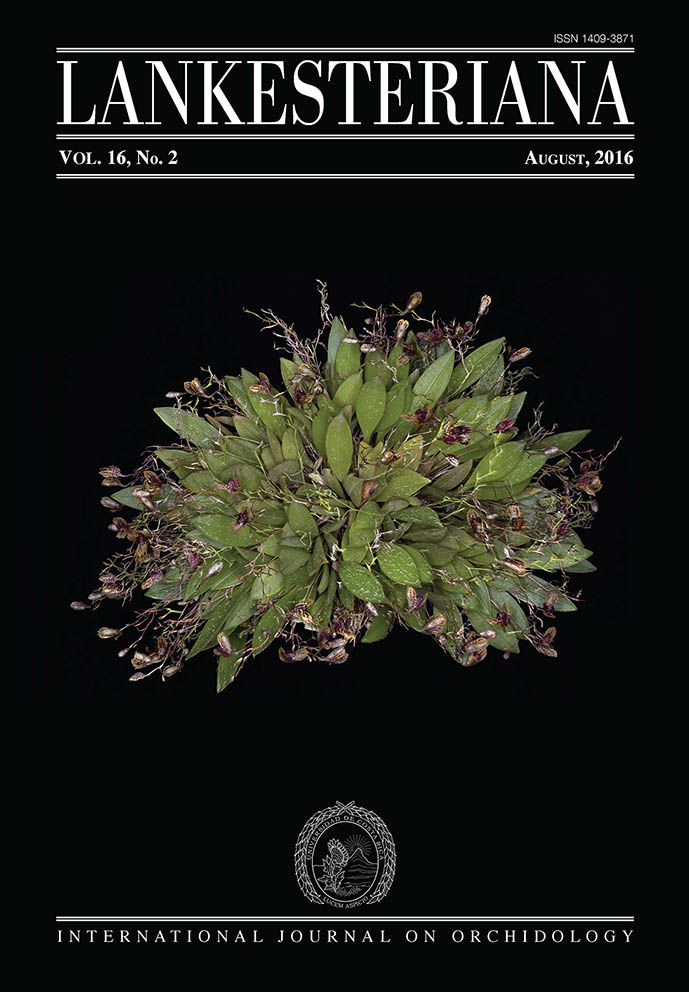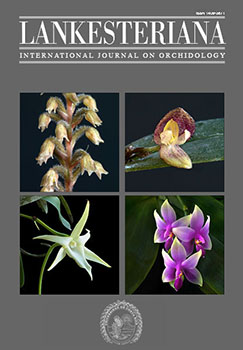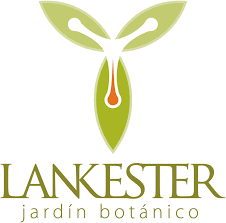Why we have no serious alternatives but cooperative taxonomy
DOI:
https://doi.org/10.15517/lank.v16i2.26012Keywords:
cooperative research, identification, interpretation of types, taxonomyAbstract
Taxonomic work has been historically regarded as a two-fold discipline. The first, which is basically aimed at answering the question about the diversity in whatever group under study, includes most of the “biological” questions of the research. Understanding of genetic and morphological variation, structure of populations and life cycles, biogeography and phylogeography, ecological modeling, pollination and other biological components is required to define the relationships among the taxa of the group and eventually to describe their diversity. The second part of the work consists in applying a correct name to all of the organisms as they result from the biological work. This second step is usually interpreted as the documentary component of the research, and in fact it mostly deals with the document sources and the rules of biological nomenclature (such as protologues, types and other historical materials associated with the type collections, etc.). However, the use of nomenclatural sources with little or no consideration for the biological aspects of the concerned organisms can be misleading, and the same concept of “type” can be hardly understood if not framed in a rich biological context. Type specimens are just random, individual samples that must be interpreted in the context of the geographical and biological integrity of any given species, and this requires at least some direct knowledge of the organisms and their biology. When the geographical origin of type specimens lies outside the political boundaries of a given study area, taxonomic research is seriously hampered by the impossibility to visualize and understand them in a biological framework. A specific case from the research intended to complete the treatment of the Orchidaceae for the flora of Costa Rica will exemplify how a cooperative approach based on a shared methodology may be the only way to resolve the taxonomy of complex species.
Downloads
Downloads
Published
How to Cite
Issue
Section
License
According to the Open Access policy promoted by the University of Costa Rica, all the papers published by Lankesteriana are licensed under the Creative Commons copyright and can be downloaded free of charge. The journal holds copyright and publishing rights under the CC BY-NC-ND 3.0 CR license.
Before the publication of the materials submitted by the author(s) in LANKESTERIANA, the author(s) hereby assign all rights in the article to the Lankester Botanical Garden.





